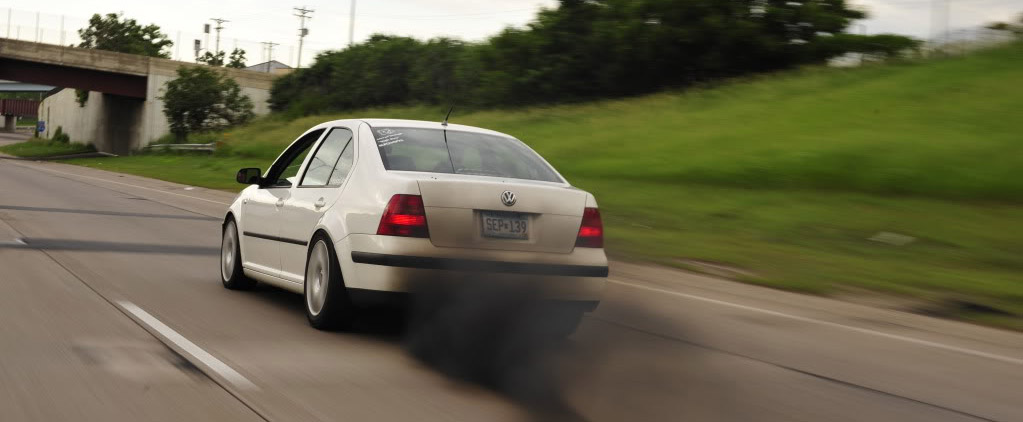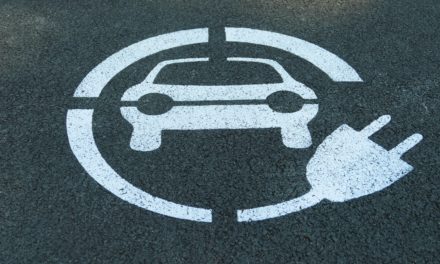Diesel cars have been a popular mode of personal transportation for decades, but in recent years, they have fallen out of favor. In fact, it could be argued that diesel cars are dying a slow death, and electric cars are taking their place. In this article, we will explore the reasons for the decline of diesel cars and the rise of electric cars.
Diesel Cars: A Brief History
Diesel cars have been around since the early 20th century, and they have gone through many changes over the years. Diesel engines are known for their efficiency, which is why they were once the go-to choice for many car manufacturers. They offered better fuel economy than gasoline engines, which made them popular with consumers.
However, diesel cars have faced a number of challenges over the years. For one thing, they have been criticized for their emissions. Diesel engines produce more particulate matter and nitrogen oxides than gasoline engines, which can contribute to air pollution and other health problems. Additionally, diesel engines have been linked to the emission of greenhouse gases, which contribute to climate change.
The Rise of Electric Cars
As concerns about air pollution and climate change have grown, many people have turned to electric cars as a cleaner alternative to diesel cars. Electric cars use batteries to power an electric motor, which means they produce no emissions. They also have fewer moving parts than diesel cars, which means they require less maintenance.
In recent years, the popularity of electric cars has grown exponentially. Governments around the world have offered incentives for consumers to buy electric cars, and car manufacturers have responded by investing in the development of new electric models. Today, there are more electric car models on the market than ever before, and the technology is advancing at a rapid pace.
The Death of the Diesel Car
Given the advantages of electric cars, it’s not surprising that diesel cars are on the decline. In fact, some experts predict that diesel cars could disappear altogether in the coming years. There are a number of reasons for this.
Firstly, diesel cars are facing increased regulation. Governments around the world are imposing stricter emissions standards on diesel cars, which is making them less attractive to consumers. Additionally, some cities are implementing diesel bans in order to reduce air pollution.
Secondly, diesel cars are losing their competitive advantage. While diesel cars were once more efficient than gasoline cars, electric cars now offer even better fuel economy. Additionally, electric cars have lower maintenance costs and are often cheaper to run than diesel cars.
Finally, there is growing public awareness about the environmental impact of diesel cars. As people become more conscious of the need to reduce their carbon footprint, they are turning to electric cars as a cleaner alternative.
The Future of Personal Transportation
Given the decline of diesel cars and the rise of electric cars, it’s clear that electric cars are the future of personal transportation. In fact, many car manufacturers have pledged to stop producing diesel cars altogether in the coming years.
This shift towards electric cars will have a number of benefits. It will help to reduce air pollution and greenhouse gas emissions, which will have positive impacts on public health and the environment. Additionally, electric cars will be cheaper to run than diesel cars, which will save consumers money in the long run.
In conclusion, diesel cars are dying a slow death, and electric cars are taking their place. While diesel cars were once the go-to choice for many consumers, they are now facing increased regulation, losing their competitive advantage, and facing growing public scrutiny. Meanwhile, electric cars are becoming more popular than ever before, and they offer a cleaner, more efficient alternative to diesel cars. As such, it’s clear that electric cars are the future of personal transportation.





